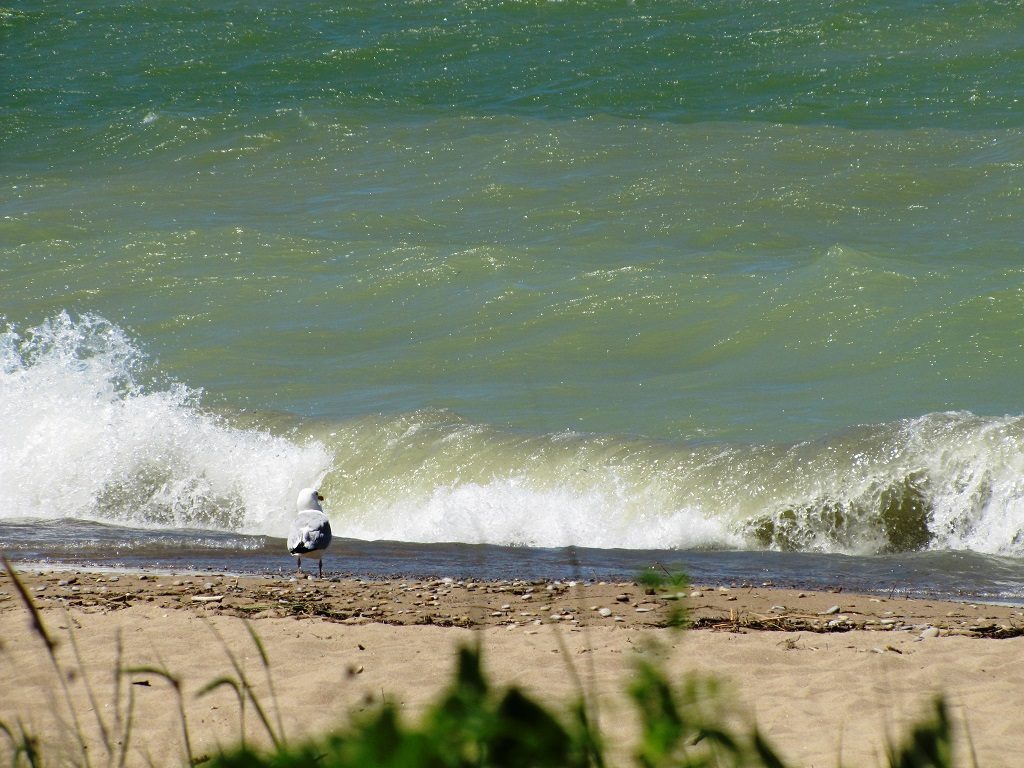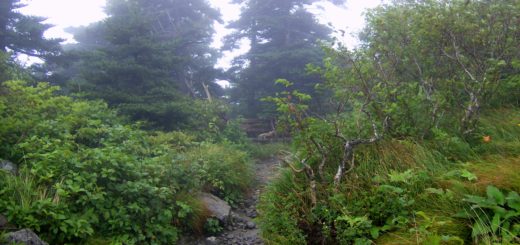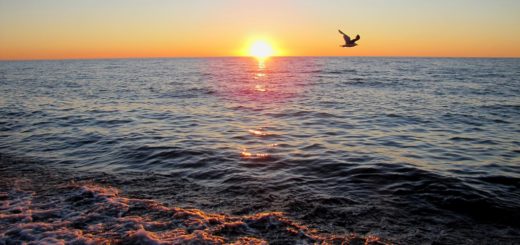Notes On A Life In Limbo
I would rather live in exile and see things as they really are, with the clarity of distance and detachment, than end up dead in a Siberian prison camp because I thought I could fight the tyranny and “free my people” from the inside. Which approach is nobler? There is undeniably something spectacular in the latter choice. But does not true nobility eschew spectacle, theatrics, and the all-too-easily exaggerated significance of deeds? And isn’t the heroic death itself the ultimate “significant deed”?
In the aftermath of the heroic death, the population, or at least that portion of it that has retained its humanity in the face of whatever the hero was resisting, rises up to cry and lament over the hero’s body. This is the public and presentational aspect of heroic death. Socrates in his prison cell, by contrast, chastises his friends’ emotions at the end, berating them for the unmanliness of their tears, and reminding them that peaceful sobriety is the proper environment for a soul preparing to separate itself from a body.
The ideal — unrealizable — is the private island, unknown to the world, large enough for long walks and secret spaces, and peopled only with likeminded friends excited about ideas and old books, and immersed in the quest for the good, the true, and the beautiful. In the inevitable absence of this ideal, one must learn to frame one’s practical reality, as far as possible, in the imaginary proportions of that island, and to live there to the extent that human reason and the limits of experience allow. Among other things, this entails both the willpower to build, and the courage to maintain, vast seas of separation around oneself, which demands an unwavering acceptance of the practical deficiencies and material restrictions of living surrounded by Poseidon’s isolating, and occasionally violent, domain.
From §943 of Nietzsche’s Will To Power, under the heading “What is noble?”:
— The collection of precious things, the needs of a high and fastidious soul; to desire to possess nothing in common. One’s own books, one’s own landscapes.



